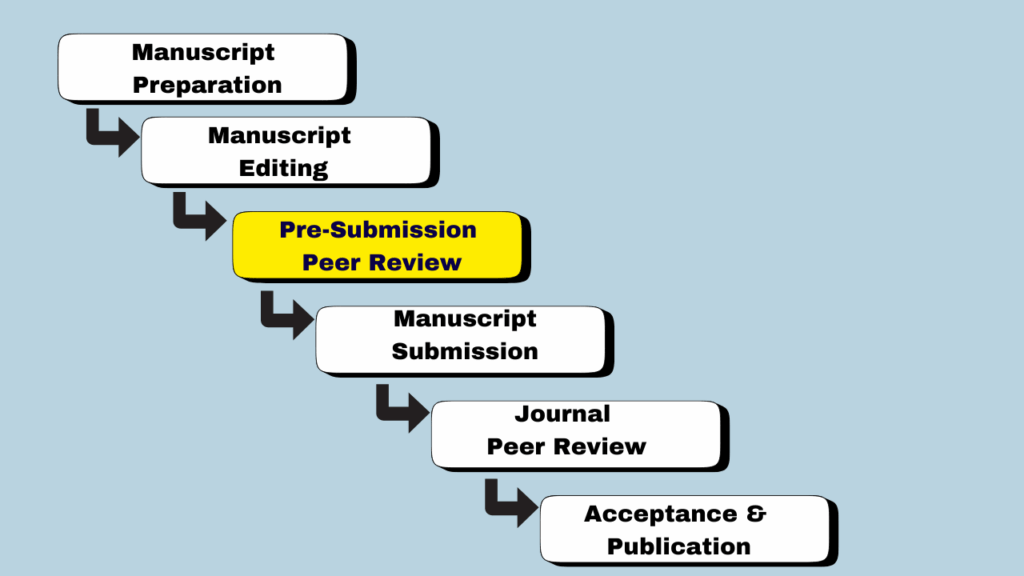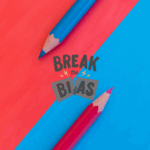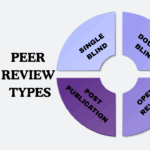How can authors and reviewers rebuild trust in peer review? By making ethical, informed choices

Peer review is considered the stamp of credibility for published science. The quality of a research study is evaluated primarily by the fact that it was published in a peer reviewed journal. However, in recent times, due to an increase in cases of scientific misconduct and irreproducible science, the faith of the scholarly community in the mechanism of peer review seems to have been shaken. The primary aim of this article is to give you an insight into the peer review process, what your expectations of it, as an author, might be and what your contribution should be, thereby elevating your sense of stakeholdership and helping rebuild your trust in the system.
As an author, you have a certain degree of control over how well your research will be peer reviewed. Even with this limited control, if you make the right choices, maintain integrity, and have your goals set, you can make a difference to the quality of peer review that is performed on your manuscript.
Choosing the right journal is the first step towards trust
Making an informed choice when submitting your paper to a journal is the first step you need to take as an author. It is important to avoid a particular journal if certain conditions are not met. I have outlined here some simple indicators of when a publisher might be predatory.
You are surfing the net looking for potential publications for your article. You find one that offers very speedy peer review, a very high acceptance rate and above all speedy publication. Is this too good to be true? Quite possibly it is. I have already seen many potential red flags in those supposed positives and I have not even seen where this journal is indexed or the publication charges yet.
You decide to press on and really look around this site. That probably starts with “Author Guidelines.” You are an author. That heading speaks to you. “Peer Reviewer Guidelines” does not – literally somebody else’s job description. So you may well entrust your precious article to people about whose general job description you have little idea and whose role on the particular journal you simply do not know. How can you trust these people? Yet, a quality journal will outline in specific terms what a peer reviewer must do, will likely have pro-formas available to the reviewer to record scoring and comments and will make that information available to you after review. Quality journals will make all of this process information available on their websites though it might take some looking for, especially under that unfamiliar “Peer Reviewer Guidelines” section heading. If these details are not available on-site, you should be on alert mode and evaluate the journal carefully before deciding to submit.
The following might be your most basic checklist:
- Timelines are provided around peer review and all publication process stages, perhaps particularly the initial stage of desk edit.
- Commitment to structured feedback from peer review.
- Indication of the structure of feedback. Quite a humble but EBSCO indexed journal states: “The review criteria considered are the novelty and originality of the paper, the quality of research methodology, the organization and clarity, the reference to prior work, and the quality of results.” Peer reviewers are given an associated pro-forma to complete. Authors receive a copy of that pro-forma as feedback. Under any category, reviewers will offer a one sentence over-view, followed by detailed comments.
- Commitment to establish those structures with reviewers, and better still, some form of guidance or training for peer reviewers.
If elements of this checklist are missing, I would recommend you to be very cautious about publishing in the journal.
Does recommending reviewers guarantee quality peer review?
Once you have submitted to a reliable journal, you might feel that peer review is now entirely the journal’s responsibility and you have no role to play. But, you’re not entirely right there. As an author, it is important for you to try to take as much control as you possibly can. Under the pressure to find peer reviewers, journals often ask authors to suggest peer reviewers. For authors, this is an opportunity to get a better, quicker peer review that will accelerate subsequent editorial processes. However in saying that, we must ask what “better” actually means, what will increase your trust in peer review and for that matter the whole editorial process?
Author-suggested peer reviews have largely been responsible for the peer review scams that have been rampant in the academic publishing scene over the last few years, shaking popular trust in peer review. Therefore, as an author, you need to understand that when a journal is asking you to recommend reviewers, they are entrusting you with a responsibility that calls for the highest level of integrity. As a stakeholder in the academic publishing scene, your primary role, in restoring trust in peer review is to recommend reviewers who will be fair and objective in their evaluation of your manuscript. Thus, “better” peer review, for you as an author, should be synonymous with a fair and objective evaluation that provides constructive feedback to improve your manuscript.
Three key elements of peer review every author needs to understand
With integrity and objectivity as a given, let me take you through what in my opinion are the three key elements of peer review that authors need an understanding of and appreciation for to maximize the benefits of and thereby increase trust in peer review
- Partnership working, meaning you working as a genuine stakeholder throughout editorial processes, the particular focus here being working in partnership with the peer reviewers to improve your article. Equally, though there needs to be a good working relationship with the journal editor and other editorial staff.
- Reviewers’ methodological knowledge is critical within that partnership, but knowledge of your subject area is also important if your article is to be optimally improved. Realistically, given the level of need for peer reviewers, the best you can hope for is something of a fit, the finest SCI or Scopus journals excepted, but again those might have a tediously long review and publication time. That takes us back to the argument about you, the author, suggesting peer reviewers. You are likely to get most growth as an author that way as well as speed. It sometimes takes months for journals to even locate peer reviewers.
- Feedback. Only with feedback, detailed feedback, can your performance as a writer improve. That should be regarded as the purpose to hand, a developmental measure for you, not simply jumping a hurdle to get published.
From being an author to becoming a reviewer
Finally, once you are a published author, you are also likely to be invited to become a reviewer. Even as a reviewer, you needs to be wary of a dubious journal. Early career researchers in particular are often so excited by the prospect of becoming a peer reviewer that they are tempted to accept review invitations from any journal. However, as a stakeholder in the mechanism of peer review, it is your responsibility to confirm the reliability of the journal you are reviewing for. Interestingly, I am often asked to peer review, but as a rule of thumb, I never accept review invitations if I sense something amiss in the publishers’ peer review approach. Of course, I always look forward to a review request from a well-indexed, well-received publication that matches my experience with the scope of the manuscript to be reviewed.
The choice is ours and we must choose carefully
Choosing very carefully where to place our material (as authors) and direct our efforts (as reviewers) will increase our trust in peer review and all editorial processes. The choice is ours and should be made from a position of knowledge not just of individual journals but of the academic publishing industry. The major indexers battle for global market share through their actions in specific countries. Publishing for high-value indexing will be easier in some countries than others. University and commercial publishers can be very different in their approaches, not least in terms of publication charges to the author.
Truthfully, it is hard to hold only journals and publishers to account for the loss of trust in peer review. As author and reviewers, we shoulder equal responsibility to address the problems and avoid quick fixes and temptations that encourage unprofessional publishers. Open access publishing produced an explosion of academic publishers, some not worthy. I sense that many of those are beginning to find the going very tough, though reduced activity through COVID-19 is currently playing a part. Do not make life easy for the poor and predatory performers. If as author and reviewers, we continue to be cautious and make informed choices, hopefully, in the longer term, those dubious publishers will have to leave the marketplace, and trust in peer review will be restored.






International Mother Language Day: Rethinking Peer Review
February 19, 2026